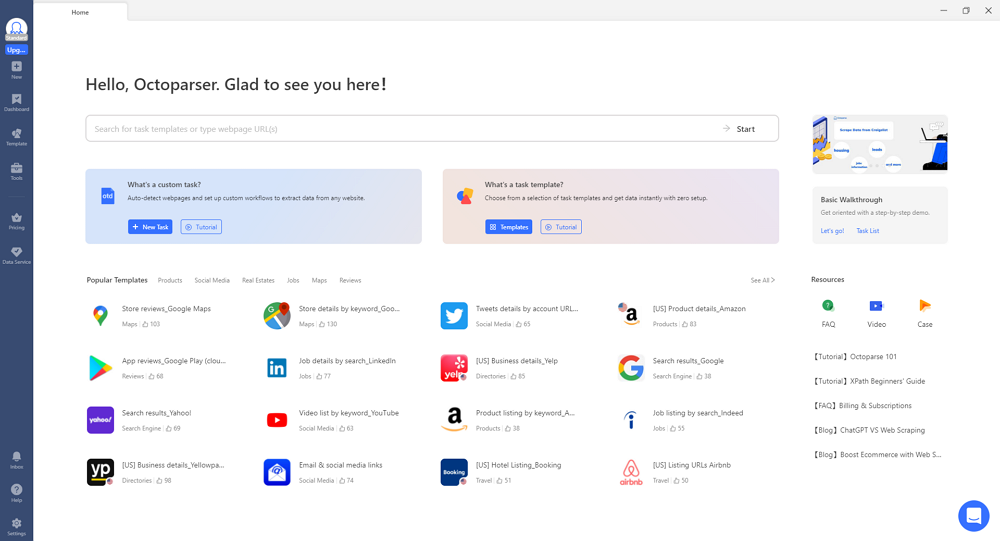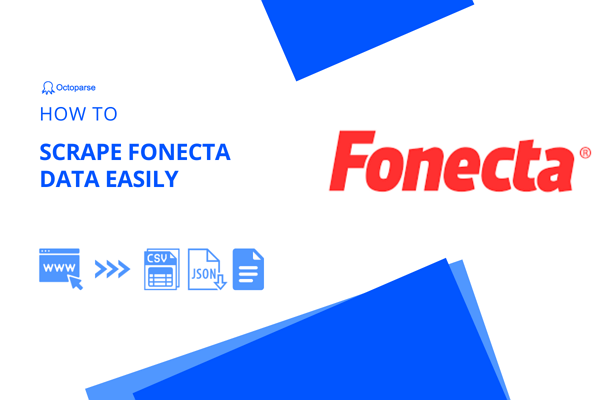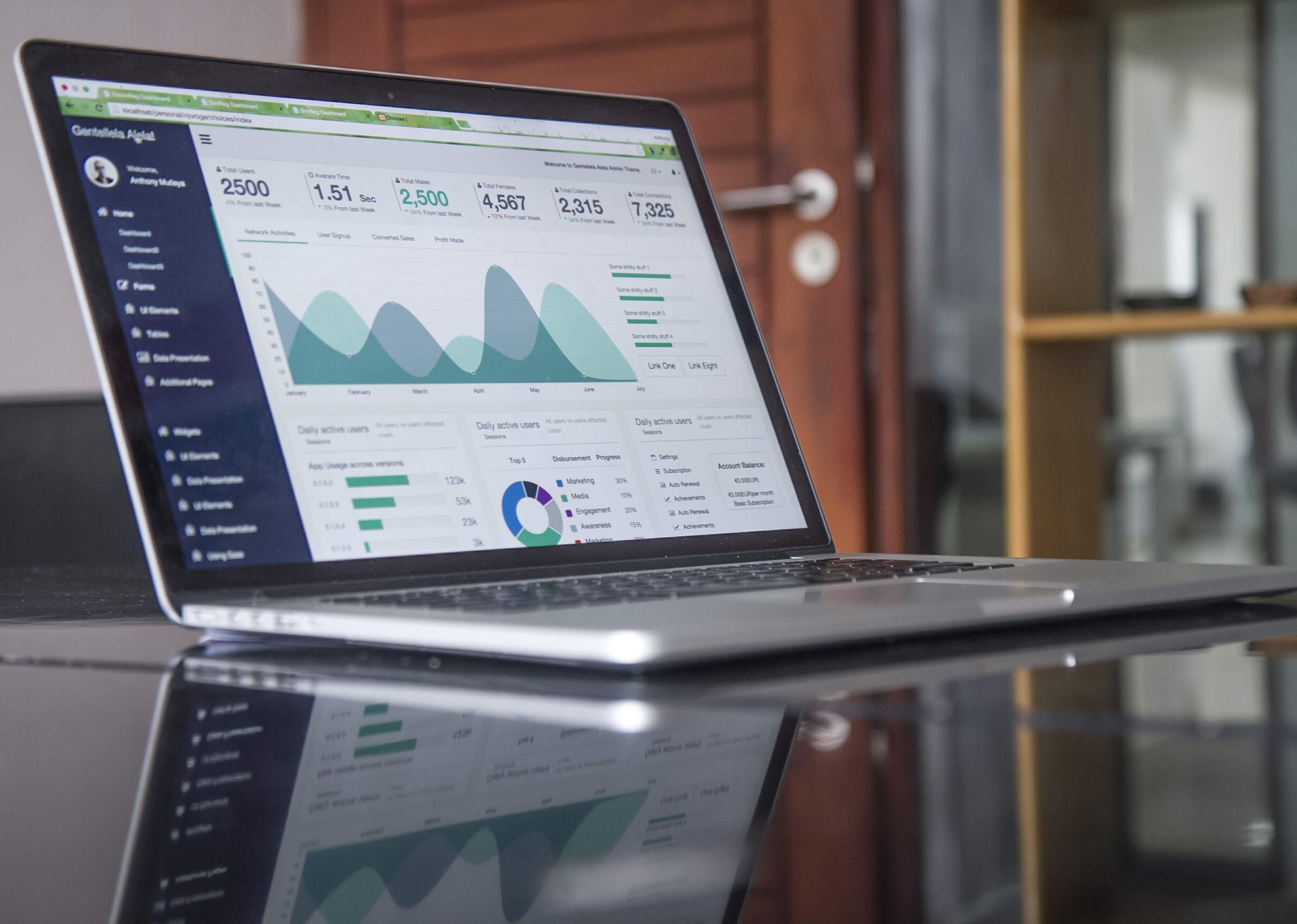The healthcare industry is being transformed by data. As more health information becomes available online, web scraping can ethically gather valuable insights to benefit patients and improve outcomes.
The Challenge Healthcare Industry Faces
Healthcare providers face complex challenges in today’s data-driven environment. Harnessing relevant information effectively is crucial to addressing these challenges and improving patient outcomes. Data can help providers answer critical questions like:
Which patient health concerns should we devote the most resources towards addressing?
Determining the most prevalent and impactful issues patients face helps providers strategically allocate limited funds, staffing, and intervention programs. However, traditionally collected data through electronic medical records software and surveys often miss less common but serious conditions that impact the quality of life. Scraping data from online discussion forums can uncover these less visible issues and ensure no patient concerns slip through the cracks.
Which treatments and interventions actually work best in the real world?
Randomized controlled trials provide valuable evidence but often fall short of reflecting everyday patient experiences. Anonymized data scraped from patient reviews, forums, and social media can uncover which treatments patients find most or least effective when implemented in the real world, outside controlled environments. This supplemental data can help providers select interventions that work in practice, not just in theory.
Which patient characteristics or social factors indicate higher risk?
Understanding social determinants of health like income, environment, behaviors, and access to resources is key to proactively identifying at-risk patient groups for targeted interventions. Web scraping can aggregate data on these wider factors that impact health from diverse online sources, revealing which patient demographics may benefit most from enhanced care management and support.
Armed with answers to these questions gleaned from publicly available online health data, providers can intervene strategically and precisely to maximize the impact of their efforts on patient outcomes and population health.
How Data Can Help Address These Challenges
Improve and precisely target interventions
By analyzing data about the most common health concerns and high-risk patient groups, providers gain a holistic, up-to-date view of population needs. This facilitates shifting resources towards interventions that target the areas of greatest impact rather than a one-size-fits-all approach. Web scraped data continuously reveals evolving health issues that require a responsive, nimble focus of provider efforts.
Discover truly effective treatments
Anonymized firsthand reports and discussions harvested from patient forums, reviews and social media can uncover which treatments patients actually find most effective in the real world. This supplemental data can indicate when traditional treatments are falling short and which newer options show the most promise. Providers gain a perspective that goes beyond controlled trials to reflect patient experiences in everyday life.
Facilitate early interventions for at-risk groups
Access to data on social determinants of health and patient characteristics correlated with higher risk empowers providers to proactively identify and support at-risk populations. Web-scraped insights into factors like income, environment, behaviors, and access to necessities reveal which patient demographics may benefit most from enhanced interventions and management.
Coordinate patient care
By aggregating longitudinal patient data across multiple providers, stakeholders gain a more holistic view of patients’ medical history, social needs, and strategies that have – or have not – previously worked. This facilitates improved communication and team-based care focused on the whole patient. Data-sharing platforms powered by web-scraped insights and tools like urgent care EMR systems enable higher quality, synchronized care.
Together, these factors show how health data gathered ethically from online sources can meaningfully transform providers’ ability to address key challenges, target interventions precisely, and ultimately improve outcomes at population and individual patient levels.
Web scraping tools like Octoparse make it faster and easier to gather this valuable health information from the web. Its features help extract relevant data:
Four Steps to Extract Healthcare Data With Octoparse
To collect such a huge amount of data, you need a proper tool. Octoparse can be your first choice since it’s web scraping for anyone regardless of coding skills. You can pull data from diverse types of websites with clicks and get structured data files with its help.
Download Octoparse and install it on your device first, and sign up for a free account first. Then you can log in to unlock the powerful features of Octoparse! By following the steps below, you can also become an expert in data extraction.
Step 1: Find the target website and create a new task
Find websites with the healthcare data you need. Look for medical forums, health news sites, hospital websites, databases, etc. that contain information relevant to your goals. Determine if the websites allow scraping and accessing their data.
Copy the URL of the webpage, and paste it into the search bar on Octoparse. Click on “New Task” to create a new scraping task.

Step 2: Select the data you want to scrape
Once the website has loaded in the Octoparse’s built-in browser, click on “Auto-detect webpage data” in the Tips panel. Then Octoparse will then scan the website and highlight any extractable data for you. You can check all the selected data fields in the Data Preview Panel at the bottom, and remove and rename the fields there as you need.
Step 3: Create the scraper
Click “Create workflow” to generate a flowchart of your scraper. It shows every step of data extraction. You can preview each step by clicking on it to ensure the workflow matches your objectives. Make any needed adjustments.
Step 4: Run the task and export scraped data
Click “Run” to launch the scraper after you’ve double-checked all the details. Now you can choose to run the task on your personal computer or handle it on Octoparse’s cloud servers. After the task is complete, export the scraped data as an Excel/CSV file, JSON, or to a database like Google Sheets.
Wrap-up
With careful implementation, technology like web scraping can play an invaluable role in unlocking insights from the wealth of online health information. Integrating diverse data sources – ethically and sustainably – will help providers target interventions more precisely, discover truly effective treatments, and coordinate care for better outcomes.
Start navigating this changing landscape by extracting actionable insights from online health data. With the right tools and responsible practices, you can harness this wealth of information to positively impact patient care.




